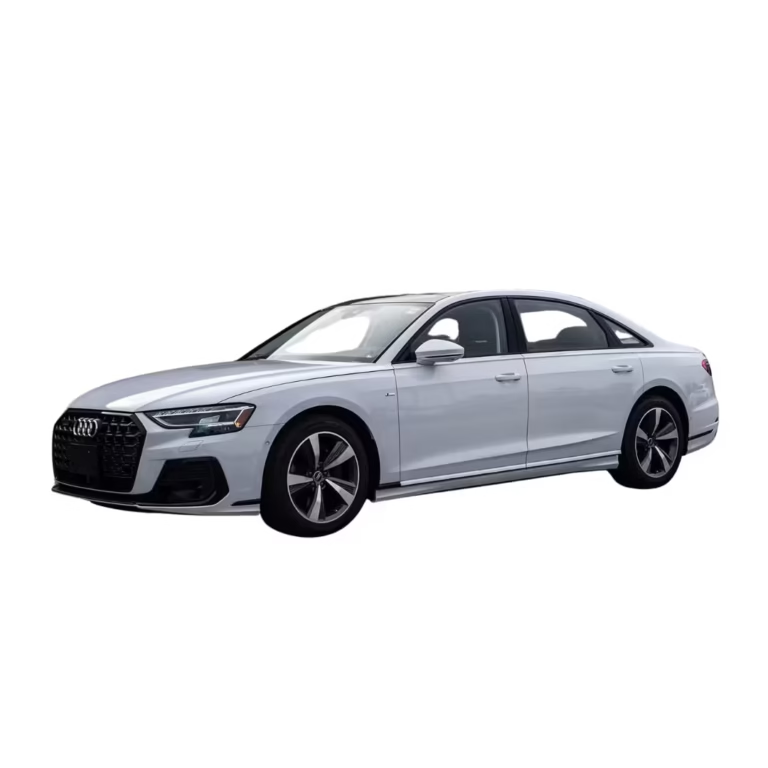Flying remote control (RC) planes is an exhilarating hobby that offers both excitement and a unique learning experience. As a seasoned RC pilot, I’ve seen many newcomers make the same mistakes. In this article, I will highlight common pitfalls and provide insights on how to avoid them, ensuring you enjoy your journey into the skies.

Understanding the Basics of RC Flying
Before we dive into the mistakes, it’s crucial to grasp the fundamentals of RC flying. A starter rc plane consists of various components, including the airframe, engine, radio system, and battery. Each of these elements plays a significant role in how your plane operates.
Choosing the Right RC Plane
One of the first steps in your RC flying journey is selecting the right aircraft. Many beginners are drawn to flashy models or those that look cool, but this can lead to frustration. I recommend starting with a trainer aircraft, which is specifically designed for novice pilots. These planes typically have:
- Stable flight characteristics
- Durable materials that withstand crashes
- Easy control systems that are forgiving for new pilots
Mistake #1: Skipping the Research Phase
Many newcomers jump into the hobby without doing adequate research. This can lead to poor choices regarding equipment and setup. Before making any purchases, spend some time online reading about different types of RC planes, the best brands for beginners, and essential accessories.
Mistake #2: Ignoring the Manual
Once you have your plane, it’s tempting to dive right in and start flying. However, ignoring the manual can result in costly mistakes. Each model has specific setup instructions, and understanding your plane’s unique features is essential. Take the time to familiarize yourself with:
- Assembly instructions
- Recommended battery types
- Control settings
The Importance of Safety
Safety should always be a priority when flying RC planes. Not only do you want to protect your investment, but you also want to ensure the safety of yourself and others around you.
Mistake #3: Neglecting Safety Gear
Many beginners overlook the importance of safety gear. While it may seem unnecessary at first, having the right equipment can make a significant difference. Ensure you have:
- Safety glasses to protect your eyes
- A spotter to assist during flight and help keep an eye on the plane
- A designated flying area away from people and obstacles
Mistake #4: Flying in Poor Conditions
Weather plays a critical role in the performance of RC planes. Beginners often make the mistake of flying in windy or rainy conditions. Ideally, you should fly in calm, clear weather. Check local forecasts and look for:
- Wind speeds below 10 mph
- Clear skies
- Dry conditions
Mastering Control
Understanding how to control your RC plane is vital to becoming a successful pilot.
Mistake #5: Overcomplicating Controls
When starting, it’s easy to become overwhelmed by the various controls of your transmitter. I recommend practicing with a simple setup before diving into complex maneuvers. Familiarize yourself with:
- Throttle control
- Ailerons, elevators, and rudder functions
- Basic flight patterns like straight lines and gentle turns
Mistake #6: Not Practicing Enough
Like any skill, flying RC planes requires practice. New pilots often underestimate the importance of practice time. To improve, try to fly regularly and focus on:
- Basic maneuvers such as takeoffs and landings
- Flight patterns to build confidence
- Simulators that can replicate flying without the risk of crashing
Learning from Mistakes
Crashes are an inevitable part of learning to fly RC planes. Instead of getting discouraged, use these moments as learning opportunities.
Mistake #7: Not Analyzing Crashes
After a crash, many beginners simply repair their planes and move on without understanding what went wrong. Take the time to analyze the situation. Consider:
- What maneuver were you attempting?
- Was it due to a control issue?
- Did environmental factors play a role?
By understanding the cause, you can avoid making the same mistake in the future.
Mistake #8: Failing to Maintain Your Aircraft
Maintenance is a crucial aspect of keeping your RC plane in top shape. New pilots often neglect this part of the hobby, leading to more crashes. Regularly check:
- Battery health and connections
- Control surfaces for responsiveness
- Airframe integrity for cracks or damage
Joining the Community
RC flying is not just about piloting; it’s also about community. Engaging with other enthusiasts can greatly enhance your experience.
Mistake #9: Not Seeking Help
Many beginners feel hesitant to ask for help, thinking they should figure everything out on their own. However, the RC community is often very welcoming. Don’t hesitate to reach out for guidance. You can:
- Join local flying clubs
- Participate in online forums
- Attend RC events to meet other pilots
Mistake #10: Underestimating the Importance of Training
Consider enrolling in an RC flying school or seeking mentorship from experienced pilots. Professional training can accelerate your learning curve and help you avoid common mistakes. Look for:
- Local clubs that offer training programs
- Experienced pilots willing to mentor you
Conclusion: Embrace the Journey
Flying RC planes can be an incredibly rewarding hobby, but it comes with its share of challenges. By avoiding these common beginner mistakes, you’ll set yourself up for a more enjoyable experience. Remember, every pilot was once a beginner. Embrace the journey, learn from your experiences, and most importantly, have fun soaring through the skies!
Final Thoughts
As you take to the skies, always prioritize safety and education. Keep your enthusiasm alive, continue learning, and don’t be afraid to make mistakes—just be sure to learn from them.



